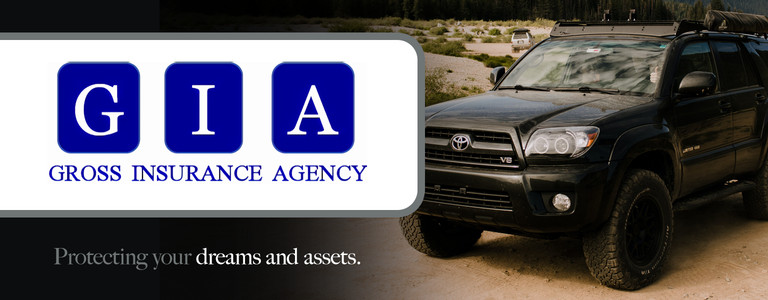 Uncertainty is a constant companion in life. Accidents occur at inopportune moments. It only takes one unexpected injury at a party with friends to cause thousands of dollars in damages. Your customers can rest easy knowing an umbrella policy covers them in case of legal liability.
Uncertainty is a constant companion in life. Accidents occur at inopportune moments. It only takes one unexpected injury at a party with friends to cause thousands of dollars in damages. Your customers can rest easy knowing an umbrella policy covers them in case of legal liability.
Who needs umbrella coverage?
According to the Insurance Information Institute (III), insurance consumers may want to have an umbrella policy in place in case a liability lawsuit judgment exceeds the limits of an auto or homeowners policy. The liability policy adds extra coverage once the underlying policy’s limits have been reached. Since there is no guarantee against having an unexpected accident, umbrella coverage could be a good idea for those with known risks, such as landlords, owners of dangerous animal breeds, or even swimming pool owners.
How umbrella insurance works
Umbrella insurance is an additional layer of protection on top of your primary insurance policy, such as your home, auto, or watercraft coverage. The liability limitations of the underlying policy are increased by the umbrella insurance, protecting you against legal action to a greater extent. Judgments in liability cases often reach the hundreds of thousands, if not the millions.
In the case of a liability lawsuit, umbrella insurance adds additional financial security. Some examples of liability claims that are typically covered by umbrella policies are as follows:
- Defamation of character
- Libel or slander
- Bodily Injury
- Property destruction
What umbrella insurance doesn’t cover
While umbrella insurance protects against unexpected accidents, it doesn’t cover everything. Here are a few things an umbrella policy does not cover:
- Loss of company property
- Infractions of Contract Law
- Accidents that occur at home and cause harm to you or your loved ones
- Crimes and other deliberate attacks on people or their property
How much does a liability lawsuit cost your clients?
Homeowners’ liability claims have the potential to accrue significant expenses. That’s because medical bills and settlements are expected outcomes of liability lawsuits. For example, the average cost of a claim related to dog bites was over $49,000 in 2021, according to data from the Insurance Information Institute (III).
All of these costs are covered by the liability coverage provided by a homeowners insurance policy. However, homeowners coverage has policy limits. When those limits are exceeded, the umbrella liability coverage kicks in.
You want to keep your clients from paying a judgment of that size. In addition, your customers may be able to avoid losing their homes and personal possessions in the event of a liability lawsuit if they have umbrella insurance.
How much does umbrella insurance cost?
The price that insurance consumers pay for umbrella insurance will be based on several criteria, including location, the amount of coverage required, and the level of risk that the insurance provider believes the risk to be.
While this coverage will vary in price, depending on coverage, it is not a significant amount of money to pay for the luxury of not having to worry about paying for an expensive liability lawsuit judgment.
Should I be recommending umbrella coverage to my clients?
There is no way to know what will happen next in life. However, the extra liability coverage provided by personal umbrella insurance can give your clients much-needed peace of mind. If you have clients with known risk factors that could result in a liability lawsuit, the best practice is to offer umbrella coverage and let the client make the final decision.







